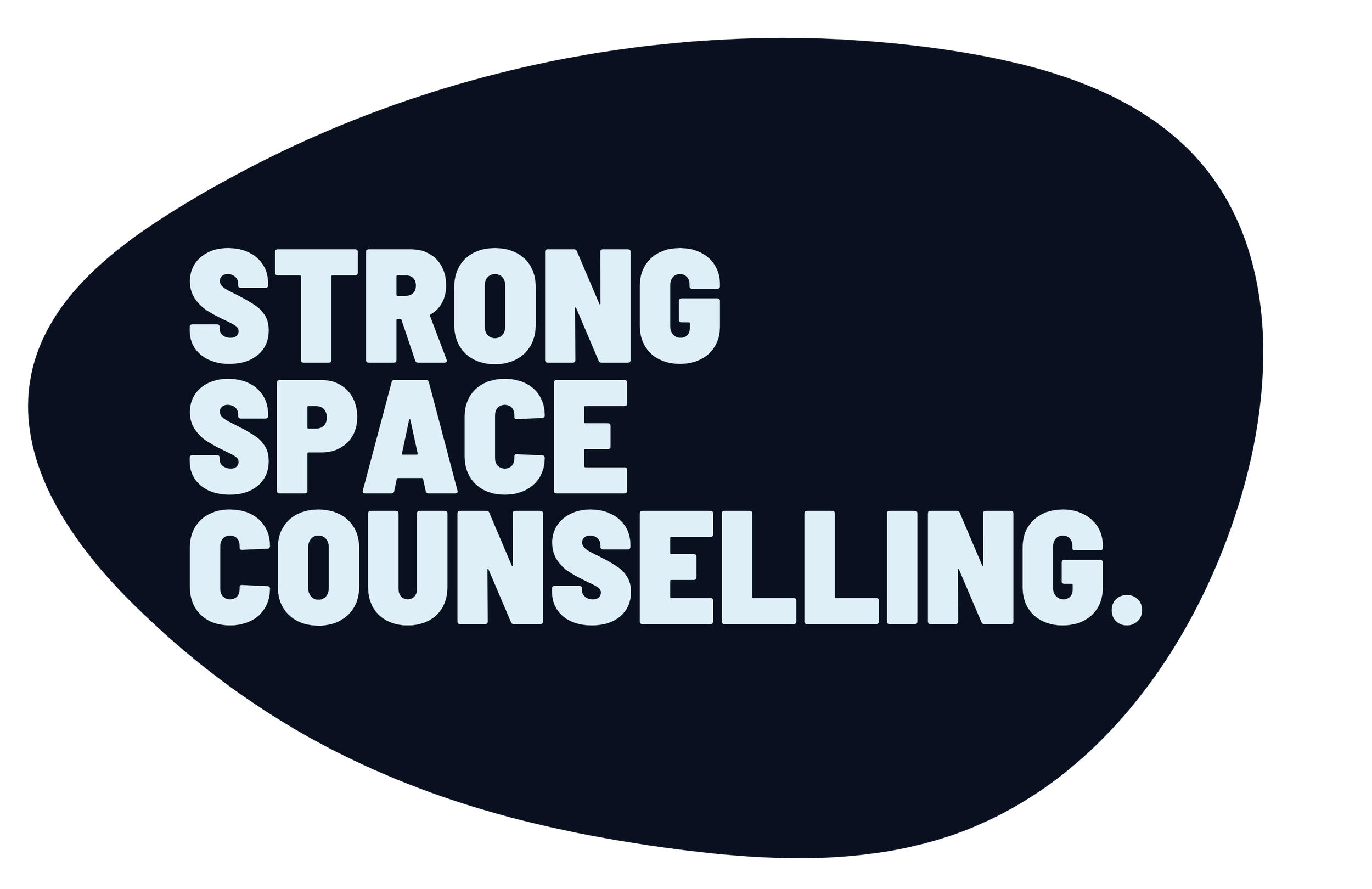Professional Networking
Referral Pathways for Men, Fathers and Their Loved Ones.
ABOUT THE FOUNDER
Matt grew up in regional NSW in a stereotypically masculine farming community before spending 6 years at an all boys boarding school in Sydney and ending up in the Australian Regular Army at 19. By 23 years old, Matt had left the army and finished a degree in Criminology from the Australian National University before commencing work as a Parole Officer for 3 years and subsequently specialising in working with perpetrators of domestic violence in his states peak DFV crisis organisation. All the while studying a post graduate degree in counselling psychology to become a mental health counsellor.
As you can imagine, Matt has spent the majority of his life wrapped in the cultural conditioning of traditional masculinity and has experienced the same problematic social influences that most men grapple with - and that contribute disproportionately to the decline in men’s mental health. Dedicating his initial years of work to helping some of the communities most violent and abusive men, Matt has seen the growing need for, and the benefits of, specialised counselling and mental health support for men in the wider Australian society which has led him to create this Australian-Based online and telehealth service - Strong Space Counselling.
OUR THEORETICAL APPROACH
PRIMARY Modality
Person Centered / Rogerian
SECONDARY Modality
Internal Family Systems
Feminist Theory
Emotions Focused Therapy
ADDITIONAL Modalities
Polyvagal Theories
Attachment Theories
OUR 3 STEP PROCESS
1. Goal Setting Based on Future Desires and Possibilities.
It can be helpful for men to project potential realities that may come to pass if he chooses not to move towards positive change. What are the possible impacts of his choices if he did nothing moving forward? What would his future potentially look like? Does he see himself being happy and content with his life? Based on this, what would he like to be different? How would he know he is successful in changing? How does he want his relationships to be? With others as well as with himself?
2. Unpack context by identifying where and when behaviours and beliefs were learned
What are the behaviours, thoughts, actions, feelings, beliefs and needs that are coming up for the man that he is struggling with the most? Where in his life where these responses and beliefs learned? In what situations and memories and interactions do we see our current problems playing out in the past? In what ways are these interpersonal elements trying to protect or avoid some kind of emotional pain in the past?
3. Skills identification and development for use and access in the here-and-now
What is it that the man needs right now, either in the form of practical skills and strategies or internal affirmation and care, to support him to rewrite some of the more challenging or problematic internal narratives that are at play? Together, we can identify what is and is not in the man’s control, focus on what he can change and learn how to manage or let go of the things he has no influence over.



